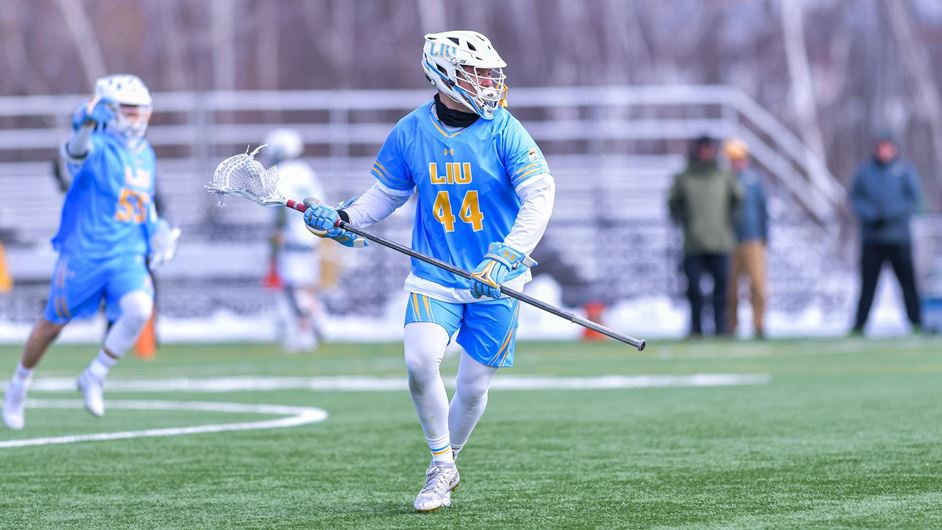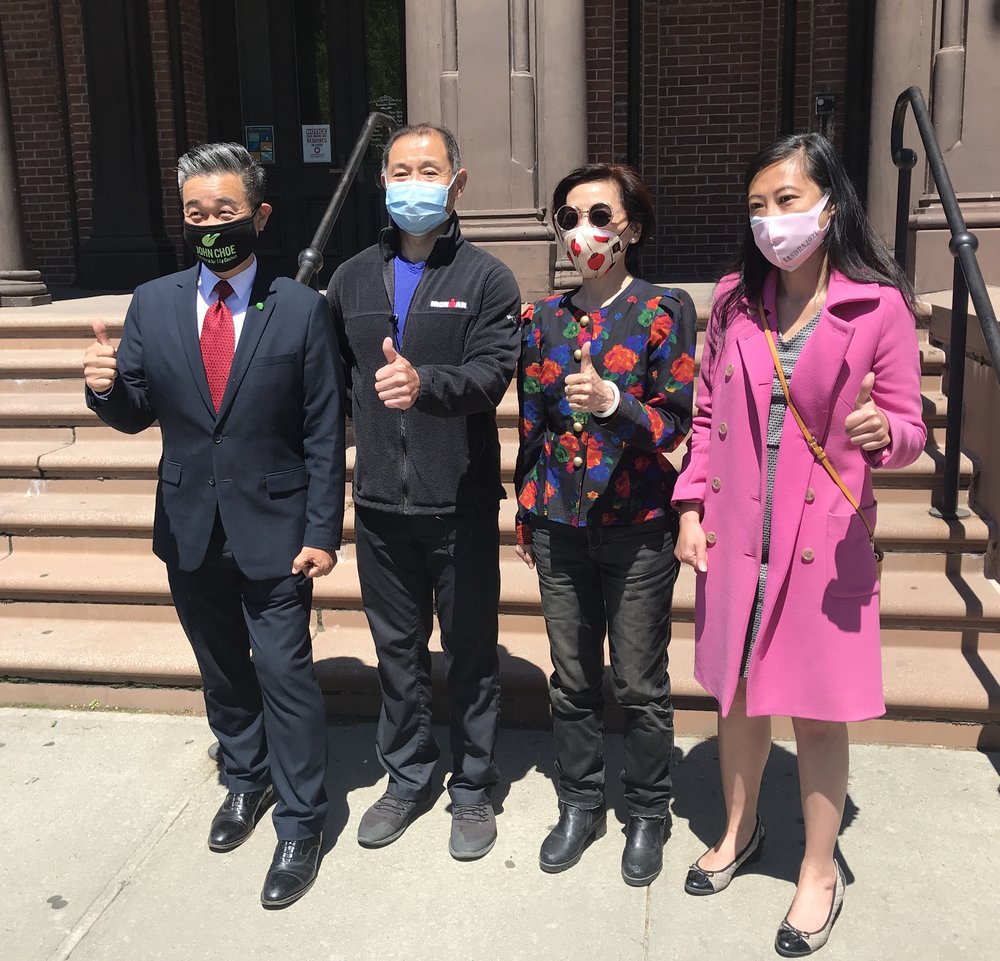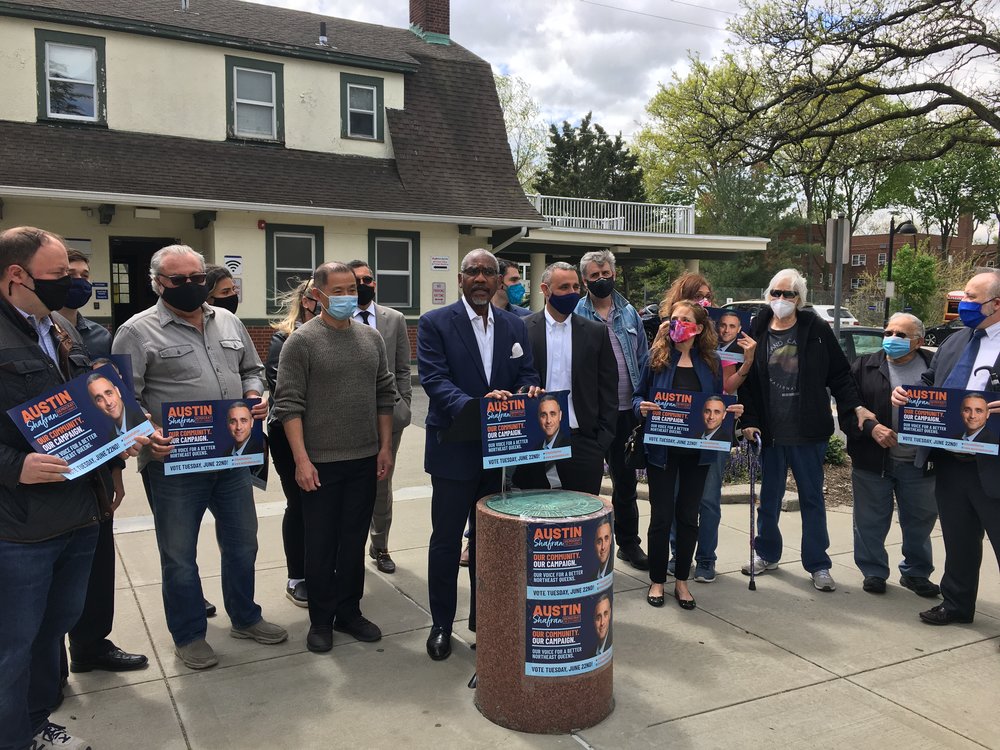A few weeks back, we wrote about how ranked-choice voting has made campaign-season endorsements a little more complicated. Or maybe it makes them less complicated, depending on which side of the endorsement you fall on.
For the people or groups making the endorsement, they no longer necessarily have to make a tough decision between two candidates they prefer.
With ranked-choice voting, they can pick one candidate as their first choice, but say that if they don’t win, they would be perfectly happy with candidate two, who they would put as their second choice on the ballot.
It’s an easy way out of a making a hard choice.
If you happen to be the first choice, that’s as good as an old-fashioned endorsement regardless of the type of election.
However, if you are the second choice, which is happening more and more often, it’s a little trickier to promote that you were endorsed but also reveal that you weren’t exactly the first choice, that there is another candidate that is preferable to you.
But what do you do if you are one of three candidates endorsed, and the person making the endorsement doesn’t even reveal the order of their choice? Were you even really endorsed at all?
That’s what happened when State Senator John Liu announced that he was endorsing John Choe, Ellen Young and Sandra Ung to replace Peter Koo in the City Council, but he never said who was his first, second and third choice.
“Voters can vote for up to five candidates by ranking their choices one through five, and I urge my fellow District 20 voters to rank these three candidates as their top three choices,” Liu said in a statement.
When he shared his comments about each candidate in a press release announcing the endorsements, he even made sure to state that he was doing so in alphabetical order so as not to imply a preference.
Ranked-choice voting makes it possible for Liu to say that he thinks they are all fine candidates for the post, which is a perfectly fair sentiment to have. However, if voters are only allowed to vote for one candidate as in past elections, endorsing all three wouldn’t make any sense.
The press release announcing the endorsement(s) did say that Liu would reveal his first, second and third choices at a later date.
Again, this makes things tricky for the candidates, who would love to announce they have the support of somebody as well known in the district as Liu, but in reality were only one of three candidates he actually supports.
So they just ignored that little fact.
Both the Choe and Young campaigns sent out press releases along with photos of them alone with Liu announcing the endorsement without mentioning the other two candidates.
Ung went a different route and doesn’t even mention it a list of other endorsements on her website. Maybe she waiting to see if she is Liu’s first choice.
We’re not sure how the Board of Elections is going to handle the logistics of ranked-choice voting to ensure timely election results, but we love the new layers of strategy it is bringing to this year’s primary.






